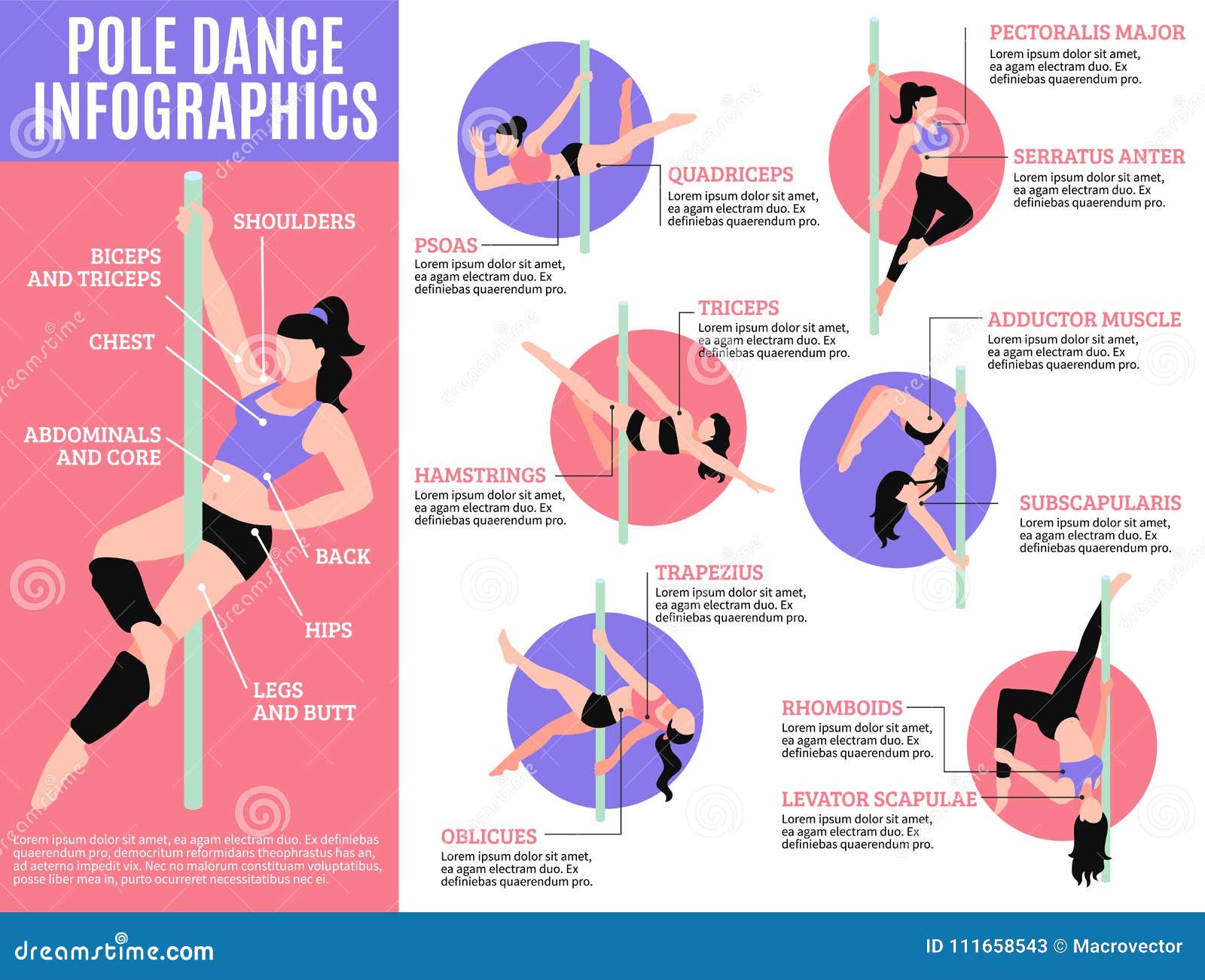The Progression Of Unique Dancing Professions: Overcoming Preconception To Embrace Empowerment
The Progression Of Unique Dancing Professions: Overcoming Preconception To Embrace Empowerment
Blog Article
Developed By-Creech Hauser
You have actually likely noticed just how perceptions of stripping have altered over time. What was as soon as a career shrouded in preconception is now being embraced as a type of empowerment. Strippers aren't simply performers; they're reclaiming their narratives and building companies. This change increases essential questions regarding identification, firm, and the future of operate in the industry. How did we obtain right here, and what does it mean for those entailed?
Historical Context: The Stigmatization of Stripping
Although many people watch removing as a controversial profession, its historic context reveals deep-rooted preconceptions that have actually advanced with time.
You mightn't realize that removing dates back hundreds of years, with efficiencies commonly linked with religious and cultural methods. Over the centuries, societal standards shifted, and removing ended up being associated with immorality and exploitation.
see post , specifically, dealt with rough judgment for their options, causing an assumption of removing as a last resource. This stigmatization usually outweighed the artistry and ability involved in the craft.
As you explore the advancement of stripper work, you'll see just how these historic biases have formed the market's current landscape, influencing mindsets and the experiences of those within it.
Recognizing this context is critical for significant conversations concerning stripping today.
The Change: Empowerment and Firm in the Industry
As social perspectives towards sex work continue to develop, lots of pole dancers are redeeming their narratives and emphasizing empowerment and firm within the industry.
You'll observe that more dancers are speaking up concerning their selections, highlighting their autonomy and the skills they bring to the table. They're not just performers; they're savvy businesswomen that manage their very own careers, develop brand names, and browse their work environments with self-confidence.
This change has actually resulted in a much more helpful area amongst pole dancers, cultivating solidarity and common respect. By prioritizing empowerment, you'll discover a growing variety of professional dancers supporting for their civil liberties and pushing back versus out-of-date stereotypes.
This newfound company is changing the market, allowing strippers to accept their identities on their own terms.
Advocacy and Depiction: Strippers as Business owners
The empowerment activity among pole dancers is paving the way for a new age of entrepreneurship within the sector.
You're witnessing a change where strippers are taking control, launching their own organizations, and utilizing their systems to promote for themselves. Many are creating brand names, from product to online content, leveraging their unique experiences to get in touch with audiences.
This shift not only aids fight stigma however likewise promotes monetary independence. By welcoming their identifications, pole dancers are redefining success on their own terms.
You're seeing them come to be role models, showing that with creative thinking and decision, any individual can flourish in this room. With campaigning for and depiction, they're verifying that strippers aren't simply artists; they're smart entrepreneurs forming their futures.
Final thought
In conclusion, the development of pole dancer jobs highlights an amazing journey from stigma to empowerment. As societal attitudes shift, you see pole dancers recovering their stories and showcasing their abilities with satisfaction. Embracing entrepreneurship, these entertainers are not simply artists but also business leaders, motivating others to test obsolete stereotypes. By cultivating simply click the following site , they lead the way for future generations, verifying that stripping can be a powerful expression of firm and creative thinking.
